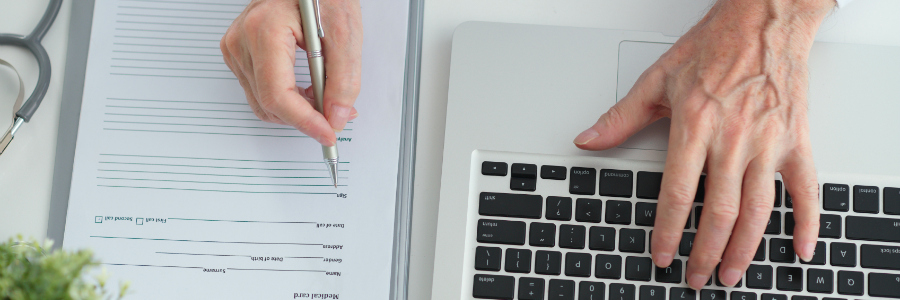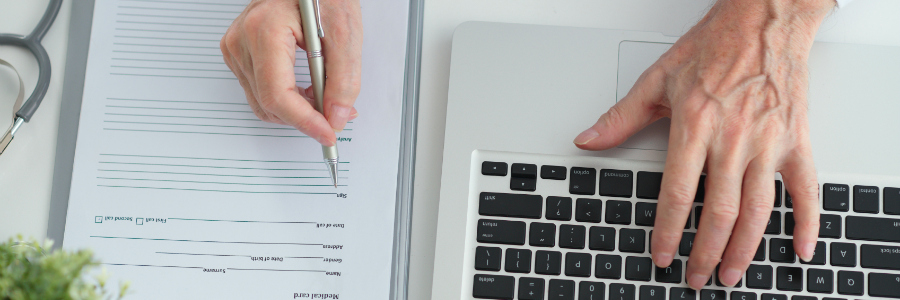Getting your practice up to code when it comes to Health Insurance Portability and Accountability Act (HIPAA) regulations can seem challenging upon first glance, but knowing where your IT efforts must be prioritized is the first step. In this article, we’ll zero in on four of the most critical items you must look into to become HIPAA-compliant.
4 Important factors about HIPAA and your IT
4 Important details about HIPAA compliance

Medical records are extremely private and their exposure could lead to negative consequences such as social stigma and job discrimination. The Health Insurance Portability and Accountability Act (HIPAA) protects this information and grants patients the right to view their own health information so that they can enjoy more control over their care.
4 facts about HIPAA and your IT
Mobile devices and HIPAA compliance

Data security and compliance need to be high on the list of any healthcare organization's priorities. Do you have security measures in place to protect your patient data? Is your practice compliant with the HIPAA regulation? If you answered "no" to any of these questions, this article is a must-read.
4 facts about HIPAA and your IT

While HIPPA’s implementation in relation to technology has been problematic to say the least, things have become much clearer over the course of the past year. However, there are still a few areas in which your office might not be compliant. This isn’t necessarily through negligence on your part, but rather simply a lack of understanding as to the requirements.


